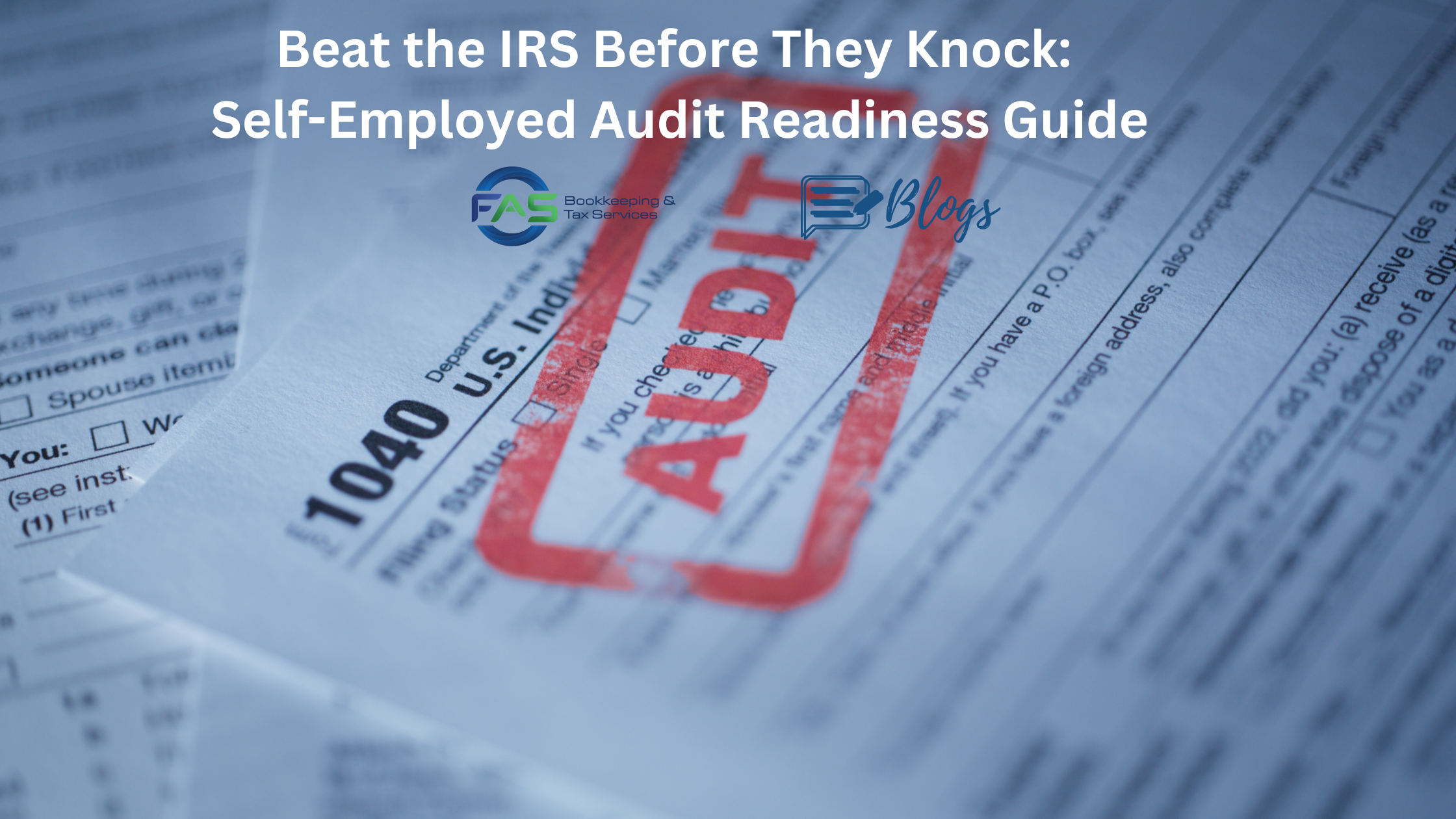While the Net Investment Income Tax (NIIT) tends to affect wealthier individuals most often, in certain circumstances, it can also affect moderate-income taxpayers whose income increases significantly in a given tax year. Here’s what you need to know.
What is the Net Investment Income Tax?
The Net Investment Income Tax (NIIT) is a 3.8 percent tax on certain net investment income of individuals, estates, and trusts with income above statutory threshold amounts referred to as modified adjusted gross income or MAGI.
What is Included in Net Investment Income?
In general, investment income includes, but is not limited to interest, dividends, capital gains, rental and royalty income, non-qualified annuities, income from businesses involved in trading of financial instruments or commodities, and passive business activities such as rental income or income derived from royalties.
What is Not Included in Net Investment Income?
The following types of income are not included:
-
- Wages
- Unemployment compensation
- Operating income from a non-passive business
- Social Security Benefits
- Alimony
- Tax-exempt interest
- Self-employment income
Permanent Fund Dividends
- Distributions from certain Qualified Plans
Individuals
Individuals with MAGI of $250,000 (married filing jointly) or $200,000 for single filers are taxed at a flat rate of 3.8 percent on investment income such as dividends, taxable interest, rents, royalties, certain income from trading commodities, taxable income from investment annuities, REITs and master limited partnerships, and long and short-term capital gains. The NIIT is a flat rate tax paid in addition to other taxes owed and threshold amounts are not indexed for inflation.
Non-resident aliens are not subject to the NIIT; however, if a non-resident alien is married to a US citizen and is planning to file as a resident alien as married filing jointly, there are special rules. Please call if you have any questions about this.
Investment income is generally not subject to withholding, so NIIT is going to affect your tax liability for the 2021 tax year. In addition, even lower-income taxpayers not meeting the threshold amounts may be subject to NIIT if they receive a windfall such as a one-time sale of assets that bumps their MAGI up high enough to be subject to the NIIT.
Strategies to Minimize NIIT
Tax planning is crucial. For example, if you are anticipating a windfall (this tax year or next), there are several strategies that you could use to minimize your MAGI and reduce or possibly eliminate tax liability when you file your tax return. These include but are not limited to:
- Rental Real Estate (depreciation deductions)
- Installment sales (including figuring out the best timing for sale)
- Roth conversions
- Charitable donations
- Tax-deferred annuities
- Municipal bonds
Sale of a Home
The Net Investment Income Tax does not apply to any amount of gain that is excluded from gross income for regular income tax purposes ($250,000 for single filers and $500,000 for a married couple) on the sale of a principal residence from gross income for regular income tax purposes. In other words, only the taxable part of any gain on the sale of a home has the potential to be subject to NIIT, providing the taxpayer is over the MAGI threshold amount.
Estates and Trusts Affected
Estates and Trusts are subject to NIIT if they have undistributed net investment income and also have adjusted gross income over the dollar amount at which the highest tax bracket for an estate or trust begins for such taxable year. In 2021, this threshold amount is $13,050.
Special rules apply for certain unique types of trusts such a Charitable Remainder Trusts and Electing Small Business Trusts. Some trusts, including “Grantor Trusts” and Real Estate Investment Trusts (REIT), are not subject to the NIIT.
Non-qualified dividends generated by investments in a REIT and taxed at ordinary tax rates may be subject to the Net Investment Income Tax.
Reporting and Paying the Net Investment Income Tax
Individual taxpayers should report (and pay) the tax on Form 1040. Estates and Trusts report (and pay) the tax on Form 1041. Please call if you need assistance or have any questions about reporting and paying the NIIT.
For tax years 2018 and beyond, individuals, estates, and trusts that expect to pay estimated taxes should adjust their income tax withholding or estimated payments to account for the tax increase and avoid underpayment penalties. The NIIT is not withheld from an employed individual’s wages; however, it is possible to request that additional income tax be withheld.
Wondering how the Net Investment Income Tax could affect your tax situation? Send us a message or give us a call!





